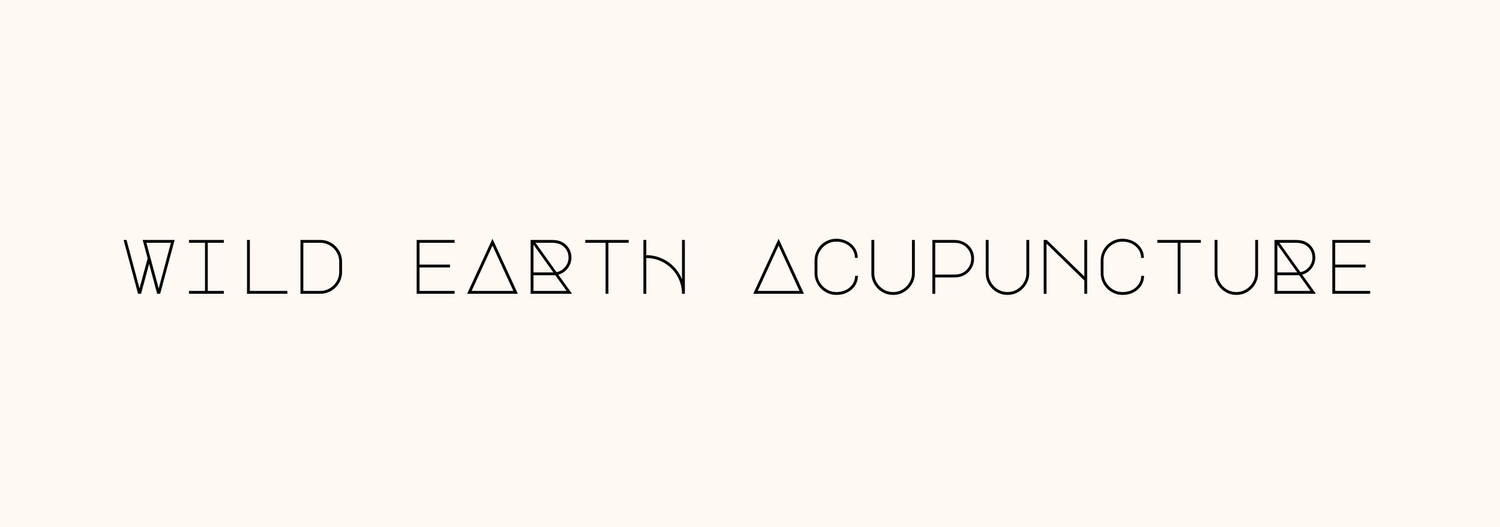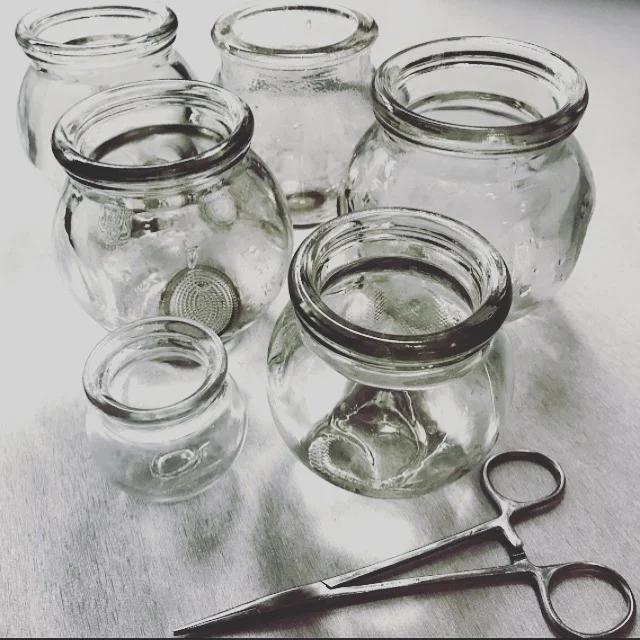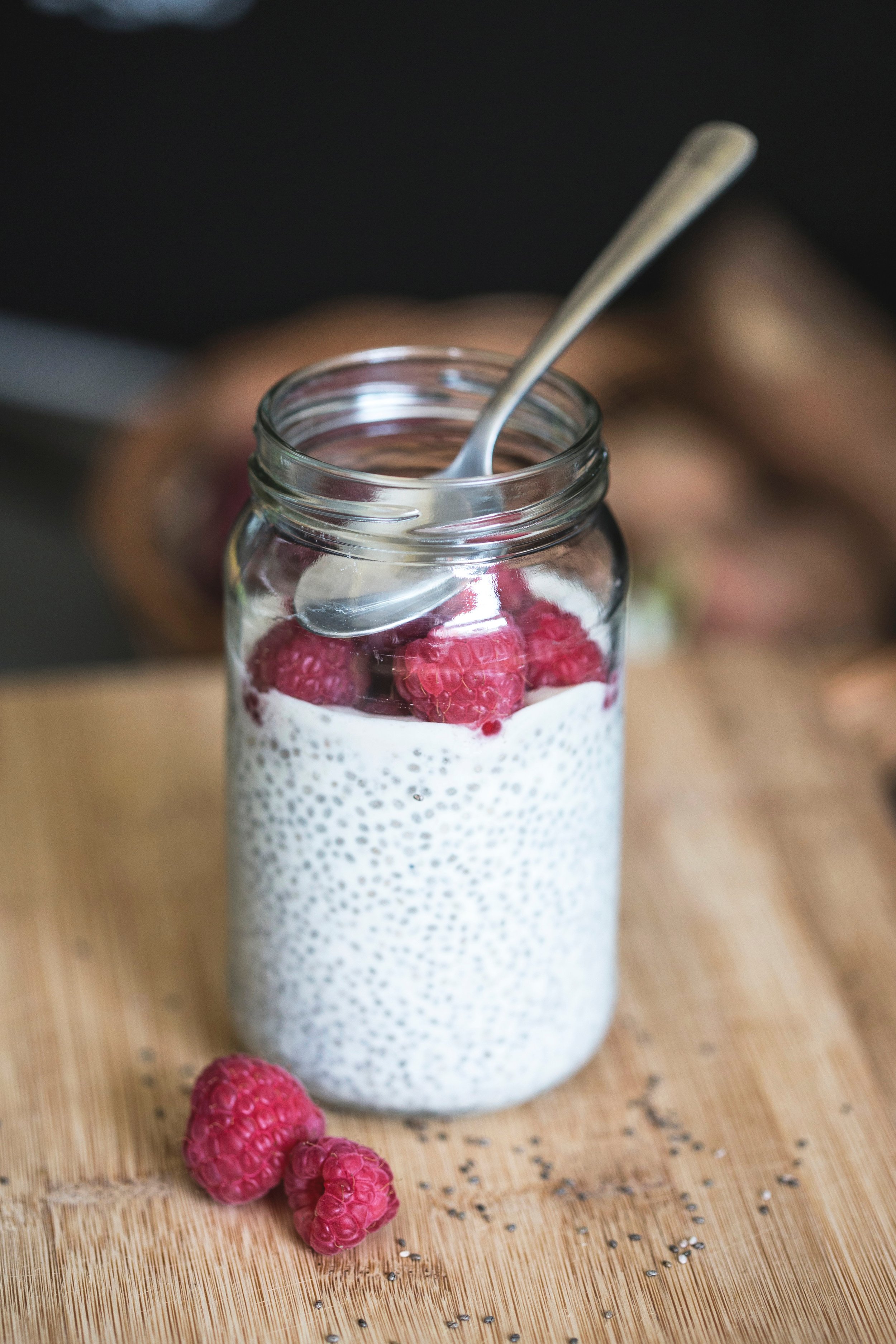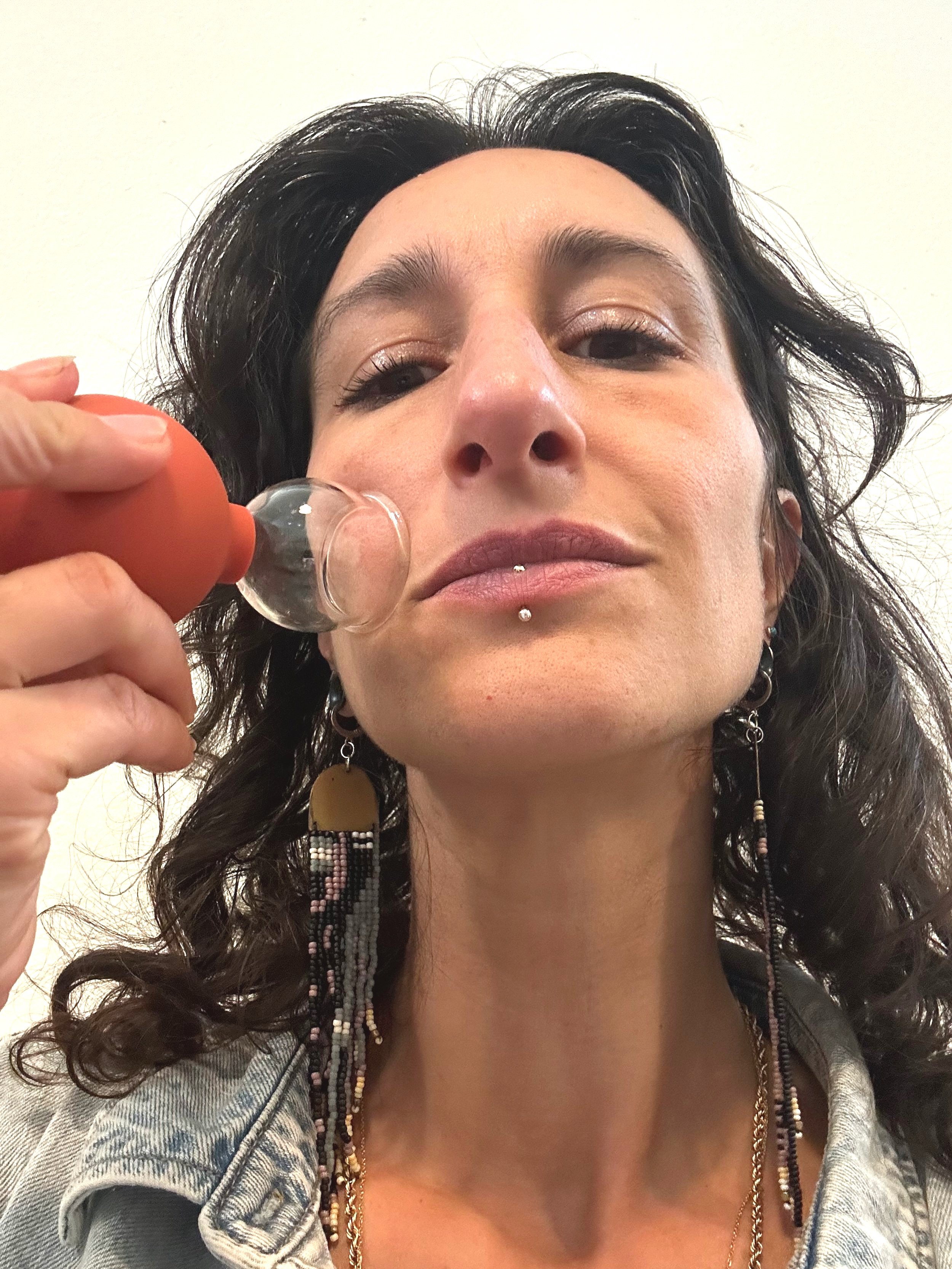The Relationship Between the Organs in Traditional Chinese Medicine
The Relationship Between the Organs in Traditional Chinese Medicine
In Traditional Chinese Medicine (TCM), the body’s organs have intricate relationships that reflect the interconnectedness of the body's systems. Each Organ works in harmony with others, and imbalances in one can have a ripple effect across multiple systems. These relationships are explained through the Five Element theory—Wood, Fire, Earth, Metal, and Water—and the dynamic of how Organs (Liver, Heart, Spleen, Lungs, Kidneys respectively) nourish or control one another. Below, we explore these relationships to understand how the body maintains balance according to TCM principles.
Liver (Wood) and Its Connections
Liver and Heart: Wood Generates Fire
The Liver and Heart relationship is based on their roles in managing Blood. The Liver stores Blood and regulates its volume, while the Heart controls the movement of Blood throughout the body. If Liver Blood is deficient, the Heart may not receive enough nourishment, leading to symptoms like palpitations or insomnia. On the flip side, if Heart Blood is insufficient, the Liver may struggle to regulate Blood properly, causing dizziness or excessive dreaming. This is considered a Mother/child relationship.
Emotionally, the Liver governs the smooth flow of emotions, while the Heart holds the spirit (Shen) and mind. Liver Qi stagnation can cause emotional disturbances, affecting the clarity of the mind and reducing the vitality of the Heart-spirit. Conversely, weak Heart Qi or low heart-spirit fire may trigger mood imbalances, such as anxiety or depression, which further impact the Liver.
Liver and Spleen: Wood Controls Earth
The Liver and Spleen share a dynamic relationship in Traditional Chinese Medicine, primarily through their roles in the flow of Qi and Blood production. The Liver ensures the smooth flow of Qi, which is essential for the Spleen’s function in digestion and transformation. When Liver Qi becomes stagnant, it can disrupt the Spleen’s ability to process food and fluids, resulting in symptoms such as abdominal distention, loose stools, nausea, or vomiting (Stomach Qi rebellion), often known as a pattern of “ Wood overacting on Earth”. Conversely, when the Spleen is weak, it can lead to Qi stagnation, manifesting as hypochondriac pain and irritability. This imbalance is described as "Earth insulting Wood" (when the Spleen's weakness affects the Liver).
-Qi Flow and Digestion: The Liver aids the Spleen by ensuring the smooth flow of Qi, facilitating the Spleen's role in transforming and transporting food and fluids. Stagnant Liver Qi can hinder this process, leading to symptoms such as abdominal distention, loose stools, hypochondriac pain, and even vomiting due to rebellious Stomach Qi. Additionally, Liver Qi plays a role in bile secretion, further supporting digestive health. On the other hand, if the Spleen is weak, it can result in the stagnation of food and fluids in the middle burner, impeding the smooth flow of Qi, which further contributes to abdominal distention and discomfort.
-Blood Production and Storage: The Liver and Spleen also collaborate in Blood regulation. The Spleen is responsible for generating Blood, while the Liver stores it. When the Spleen is weak or there is a loss of Blood, this may impair the Liver's ability to store and regulate Blood, leading to Liver Blood deficiency. In such cases, symptoms associated with Blood deficiency, such as dizziness or dry eyes, may arise.
This Wood (Liver) regulating Earth (Spleen) relationship demonstrates how the two organs must work together to maintain the smooth flow of Qi and Blood, and how imbalances in one organ can disrupt the other’s functions.
Liver and Lung: Metal Controls Wood
The cyclical flow of Qi in the body is governed by the Liver's upward movement and the Lung's downward movement. If the Liver is too strong, it can disrupt the Lung’s ability to descend Qi, leading to symptoms like coughing, wheezing, or asthma. This disharmony is referred to as "Wood insulting Metal."
The Liver stores Blood, while the Lung commands Qi, so their functions are interconnected. If Lung Qi is weak, a person may experience fatigue, depression, or hypochondriac pain, a phenomenon known as “Metal failing to control Wood.”
Liver and Kidney: Water Generates Wood
The relationship between the Liver and Kidney in Traditional Chinese Medicine is based on the Child (Liver)/Mother (Kidney) connection, with Water (Kidney) generating Wood (Liver). This connection highlights the crucial interplay between Blood and Essence, which are considered mutually transformative and interdependent. Liver and Kidney share this deep relationship, due to their connection of Blood and Essence. The Liver Blood nourishes Kidney Essence, which helps produce more Blood. A deficiency in Kidney Essence can lead to symptoms such as dizziness or tinnitus, as the Blood is not adequately replenished. Liver and Kidney also share a Yin-Yang relationship. Kidney Yin nourishes Liver Yin, and a deficiency in one can lead to hyperactivity in the other. For instance, deficient Kidney Yin may cause Liver Yang to rise excessively, leading to irritability or headaches.
-Blood and Essence: In TCM, Blood and Essence share a common origin and have a symbiotic relationship. The Liver stores and nourishes Blood, while the Kidney stores Essence, a precursor to Blood. If Kidney Essence becomes deficient, it can lead to Blood deficiency, manifesting in symptoms such as dizziness, blurred vision, and tinnitus. The Kidney’s role in producing Essence is vital for replenishing the Liver Blood and maintaining balance between these two organ systems.
-Yin and Yang Aspects: The Yin aspects of the Liver and Kidney are deeply interconnected. Kidney Yin nourishes Liver Yin, while Liver Yang regulates Kidney Yin. If Kidney Yin is deficient, it can cause hyperactivity in the Liver, leading to conditions such as blurred vision, dizziness, irritability, and headaches. Conversely, Liver Yang deficiency may result in Kidney Yin deficiency, presenting symptoms like night sweats, insomnia, and weakness in the knees.
-Qi and Essence Flow: The Liver is responsible for the smooth flow of Qi, while the Kidney stores and regulates Essence. This dynamic balance is particularly evident in reproductive health. For women, disturbances in this relationship can result in menstrual irregularities, while men may experience issues with ejaculation or erection. The Liver and Kidney must work in harmony to ensure the proper functioning of reproductive and hormonal processes in both sexes.
This dynamic emphasizes the interconnectedness of these organs, as their mutual support is vital for overall health and well-being.
Liver and Gallbladder: Yin/Yang Pairing
The Liver and Gallbladder work closely together, with the Gallbladder relying on the Liver for the smooth flow of Qi. In decision-making, the Liver provides strategic planning, while the Gallbladder governs the execution of decisions, reflecting their complementary roles. Feeling like “going with the gut” or “gut-decisions” are controlled by these Organs.
Liver and Small Intestine: Clock Opposites
Heart (Fire) and Its Connections
Heart and Spleen: Fire Generates Earth
The Heart and Spleen are both involved in the circulation and production of Blood. The Spleen produces Blood from food essence, while the Heart ensures its movement. If the Spleen is deficient, it can lead to Heart Blood deficiency, causing symptoms such as poor memory or insomnia.
Heart and Lung: Fire Controls Metal
The Heart commands Blood, while the Lung commands Qi, and the relationship between the two is critical for maintaining balance in the body. Since Qi propels Blood and Blood nourishes Qi, these two organs depend on one another. If Lung Qi is weak, it can affect the Heart’s ability to circulate Blood, leading to symptoms like shortness of breath or palpitations.
Qi is considered the commander of Blood, and Blood is referred to as the Mother of Qi, meaning they are mutually dependent. Qi helps move Blood, and when Qi is insufficient, Blood may stagnate, leading to Blood stasis. Conversely, Blood nourishes Qi, so if Blood is deficient, Qi will also be weakened. When there is an imbalance between the Heart and Lung, symptoms such as shortness of breath, chest tightness, or heart palpitations may occur.
The Heart relies on Lung Qi to push Blood through the vessels, and if Lung Qi is weak, this will impair Qi circulation, resulting in poor Blood circulation. Both the Heart and Lung reside in the Upper Burner and play a crucial role in the generation and circulation of Ancestral (Gathering) Qi. This form of Qi helps open the Heart vessels and supports breathing. If either the Heart or Lung is weak, Ancestral Qi will also be affected, leading to general systemic weakness.
Additionally, excessive Heart Fire can dry out Lung fluids, causing symptoms such as a dry cough, dry nose, and thirst. This demonstrates the important regulatory relationship between Fire (Heart) and Metal (Lung), where balance must be maintained to support overall health.
Heart and Kidney: Water Controls Fire
The relationship between the Heart and Kidney in Traditional Chinese Medicine has two clinically significant aspects. The first is the balance between Fire (Heart) and Water (Kidney). Water, located in the lower body, is quiescent by nature, while Fire, located in the upper body, is active. For proper bodily function, Fire must descend while Water ascends, ensuring harmony. Maintaining this balance prevents either element from overpowering the other. Imbalances can manifest as Heart Yang failing to warm Kidney Yin, or Kidney Yin being unable to nourish Heart Yang. If Kidney Yang is deficient and fails to properly transform fluids, excess water may rise to "insult" the Heart. On the other hand, if Kidney Yin is insufficient, it can result in hyperactive Heart Fire, which commonly leads to symptoms like insomnia. This dynamic is often referred to as the "Heart and Kidney not communicating".
The second important relationship between the Heart and Kidney lies in their common root: Spirit (Shen) and Essence (Jing). Essence has a mutually transformative relationship with Spirit, similar to its relationship with Blood. The Heart stores the Shen (spirit), while the Kidney stores Jing (Essence). If Kidney Essence is weak, the Shen may lack the vitality and clarity it needs to function optimally, leading to mental fog and emotional fatigue. Conversely, if the Shen is disturbed by emotional stress, it may fail to properly direct the Jing, leaving the individual feeling chronically exhausted and lacking in motivation.
Heart and Liver: Child (Heart)/Mother (Liver) Relationship: i.e. Wood generates Fire
Heart and Small Intestine: Yin Yang Paired
Heart and Gallbladder: Clock Opposites
Spleen (Earth) and Its Connections
Spleen and Lung: Earth Generates Metal, Mother (Spleen)/Child (Lung) Relationship
The Spleen and Lung collaborate to generate Ancestral Qi (Gathering Qi), which is essential for the body's vitality. The Spleen extracts the pure essence of food and sends it to the Lung, where it combines with air to produce this vital energy. The Lung, in turn, relies on the Spleen to ensure the proper distribution of this essence throughout the body. When Spleen Qi is weak, it can lead to a deficiency in Food Qi, which impacts the Lung and results in general Qi deficiency. Symptoms of this deficiency include fatigue, weakness in the limbs, breathlessness, and a weak voice.
A weakened Spleen also affects fluid metabolism, leading to the formation of phlegm due to stagnation. Although phlegm is stored in the Lung, its origin lies in the Spleen's inability to process fluids properly. In TCM, it is often said that "Phlegm is generated by the Spleen, but stored in the Lung." Additionally, if Lung Qi is weak and cannot descend, it further hampers the Spleen's fluid management, potentially leading to fluid retention and edema.
Spleen and Kidney: Earth Controls Water
The Spleen is considered the root of Postnatal Qi, while the Kidney is the root of Prenatal Qi. Both types of Qi are vital for maintaining overall health, and they share a mutually nourishing relationship. The Gate of Life (Ming Men), associated with Kidney Yang, provides the necessary warmth for the Spleen and Stomach to carry out their digestive functions. When this warmth is insufficient, digestive issues such as loose stools, undigested food, and a general feeling of coldness may arise.
When Spleen Qi is deficient, it may fail to properly nourish Kidney-Essence, resulting in symptoms like fatigue, poor appetite, tinnitus, and lower back pain. Additionally, the Spleen and Kidney work together in the transformation and transportation of body fluids, and both play roles in fluid metabolism. If the Spleen is weak, fluids can accumulate, leading to Dampness and phlegm, which further impairs the Kidney’s ability to govern Water. This creates a cycle where Dampness exacerbates Kidney dysfunction. Conversely, if the Gate of Life Fire (Kidney Yang) is weak, the Spleen will struggle to transform fluids, leading to Dampness and edema.
Spleen and Stomach: Paired inner/outer Yin/Yang organs
The Spleen and Stomach are closely related as paired Yin/Yang organs. They are often discussed together in clinical contexts due to their interdependent functions. The Spleen, which is responsible for moving the pure aspects of food upward, works in tandem with the Stomach, which moves Qi and the impure aspects downward. The Stomach’s role is to metabolize and ferment food, sending the less pure parts to the Small Intestine for further separation. While the relationship between the Small Intestine and Spleen is not always explicitly detailed in Chinese Medicine, the Spleen is understood to distribute the pure nutrients throughout the body.
The Stomach prefers moisture for its functions, while the Spleen thrives in a drier environment. Imbalances can occur if the Stomach is too dry (leading to symptoms such as mouth ulcers or hunger soon after eating) or if the Spleen is too damp (resulting in an inability to properly ascend Qi and transform fluids). The Stomach is more prone to excess conditions, such as Heat, while the Spleen is more susceptible to deficiency and Cold conditions. Clinically, this often presents as a combination of Stomach Yin deficiency and Spleen Yang deficiency.
Spleen and Liver: Wood (Liver) regulates Earth (Spleen)
Spleen and Heart: Child (Spleen)/Mother (Heart) relationship
Spleen and San Jiao: Clock Opposites
Lung (Metal) and Its Connections
Lung and Kidney: Metal Generates Water
The Lung and Kidney work in tandem to regulate water in the body. The Lung sends fluids down to the Kidney, which evaporates some and sends moisture back up to the Lung. If this process is disrupted, symptoms such as incontinence or dryness in the Lung may occur.
Lung and Large Intestine: Lung and Large Intestine are paired inner/outer Yin/Yang organs
The descending Qi controlled by the Lung plays a crucial role in assisting the Large Intestine with its function of eliminating waste from the body. This downward movement of Qi is also reliant on the Large Intestine's ability to effectively expel waste. Constipation in seniors is often observed due to Deficient Lung Qi. Additionally, the Large Intestine’s ability to reabsorb fluid supports the Lung in its role as the upper source of Water, highlighting the interdependent relationship between these two organs
Lung and Liver: Metal (Lung) regulates Wood (Liver)
Lung and Heart: Heart (Fire) regulates Metal (Lung)
Lung and Spleen: Mother (Spleen)/Child (Lung) relationship: i.e. Earth generates Metal
Lung and Bladder: Clock opposites
Kidney (Water) and Its Connections
Kidney and Urinary Bladder: Kidney and Bladder are paired inner/outer Yin/Yang organs
The Bladder receives essential Qi for its transformative functions from both the Kidney and the Gate of Life. This transformation is crucial for urine production, and any disruptions can lead to urination issues. Additionally, the Bladder depends on the Kidney’s regulation of opening and closing to ensure proper and effective urination. The Kidney relies on the Bladder to void impure fluids from the body.Kidney and Liver: Child (Liver)/Mother (Kidney) relationship, i.e. Water generates Wood
Kidney and Heart: Water (Kidney) regulates Fire (Heart)
Kidney and Lung: Mother (Lung)/Child (Kidney) relationship: Metal generates Water
Kidney and Large Intestine: Clock opposites
In TCM, the organs work together through a system of mutual support and control. Understanding these relationships helps practitioners diagnose and treat various imbalances within the body, aiming to restore harmony and health.
*In this article, all Traditional Chinese Medicine (TCM) organs (e.g., Liver, Heart, Spleen) are capitalized to reflect their broader, energetic functions within the TCM system, whereas their Western medicine counterparts (e.g., liver, heart, spleen) are not capitalized, as they refer to specific anatomical structures.












































Learn about Kidney Yang Deficiency in Traditional Chinese Medicine, including signs, symptoms, food choices, and lifestyle tips to restore balance and vitality. Discover a warming recipe to support Kidney Yang health.